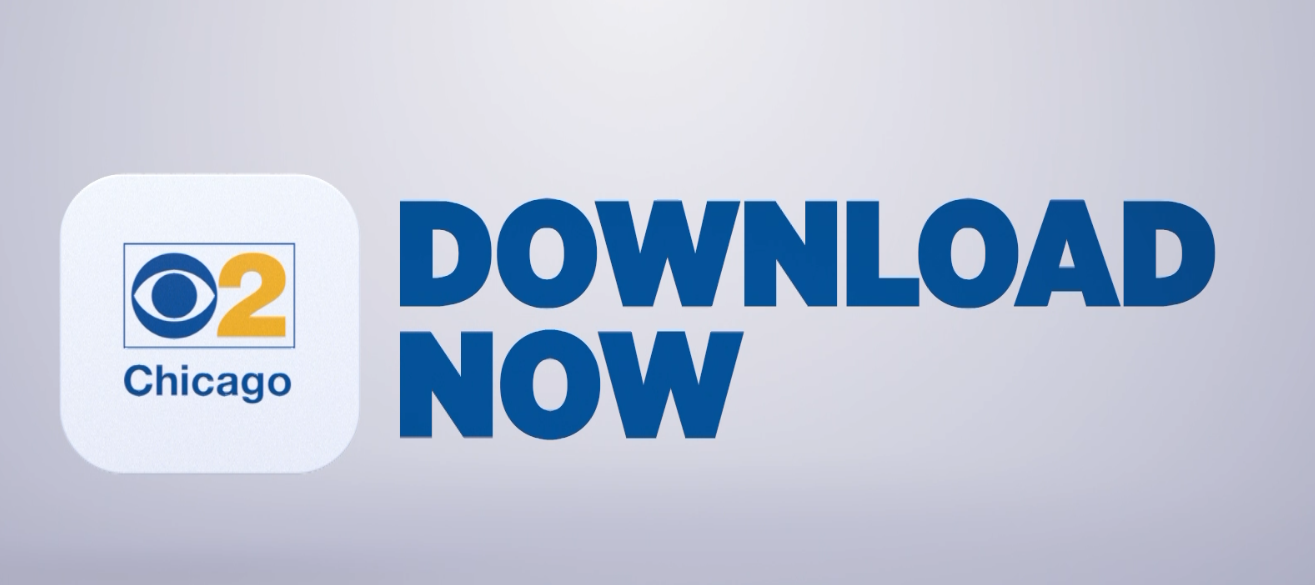Puerto Rico Joins 22 States On Chicago's COVID-19 Travel Order, Requiring 14-Day Self-Quarantine
CHICAGO (CBS) -- The Chicago Department of Public Health has added Puerto Rico to the city's emergency travel order, requiring people to self-quarantine for 14 days upon arrival to Chicago.
Puerto Rico joins 22 states on the quarantine list: Alabama, Arkansas, Arizona, California, Florida, Georgia, Idaho, Iowa, Kansas, Louisiana, Mississippi, Missouri, North Carolina, Nebraska, Nevada, North Dakota, Oklahoma, South Carolina, Tennessee, Texas, Utah, and Wisconsin. The requirement that people arriving in Chicago from Puerto Rico self-quarantine for 14 days goes into effect on Friday.
Chicago's quarantine mandate requires anyone who is arriving in the city from states considered to be COVID-19 hot spots to self-isolate for a minimum of 14 days when they arrive in the city, including visitors to Chicago, and residents who are returning from travel to one of the states. The list of states included in the order is updated weekly to include states with more than 15 new COVID-19 cases per 100,000 resident population per day, over a 7-day rolling average.
The order includes exemptions for essential workers, those traveling for medical treatment or parental shared custody, and those for whom self-quarantine "is not possible, practicable or advisable, provided such exceptions continue to safeguard the public health."
Chicago Department of Public Health Commissioner Dr. Allison Arwady said Iowa, Kansas, and Utah have dropped below 15 cases per 100,000 population per day, and if they stay below that threshold for another week, they will come off the quarantine list.
Arwady said several other states are on the city's watch list for the emergency travel order, because they are close to qualifying for the order, because they have 10 to 15 cases per 100,000 population per day. Those states include Indiana, Ohio, Maryland, Minnesota, Kentucky, Virginia, Montana, Washington, New Mexico, and Alaska.
Arwady said the city has not seen major outbreaks that they can link to one single spot, but has seen many cases of COVID spread among households, or at social gatherings; including a family of four who tested positive after a teenager in the home hosted a two-day card tournament, with many people coming in and out. She said as many as 20 people might have been infected in that setting.
In fact, Arwady said households are now "10 times the risk of acquiring COVID than any of the other exposures," having overtaken the Cook County Jail, nursing homes, and factory settings as the riskiest locations for the virus.
She said that's why people who live with a high-risk relative -- older adults and those with serious underlying health conditions -- or who have recently had a high-risk exposure should consider wearing a mask at home, and keeping their distance for 14 days afterward.
Arwady said the city has seen more than five dozen confirmed COVID cases among people who have traveled to states on the quarantine list.
"Just to give you a sense of that, we have a teenager who went to a pool party with friends. The friends who hosted had just returned from a hockey camp in Las Vegas, and later tested positive. We have a woman in her 30s and her parents who all attended a wedding in Georgia, drove back to Chicago, tested positive, later found out someone at the wedding in Georgia had been infected," Arwady said.
Arwady said, while the city has the ability to issue fines to people who violate the travel order, their primary focus has been on educating the public. In particular, Arwady said
"Most of this has been about education, and in that respect I think it's actually been extremely effective. We have gotten calls about this travel order, questions at a level that has suggested that people are paying serious attention," she said.
Arwady said she does not want to devote significant resources away from contact tracing and enforcement of public health orders, and using those resources on "very aggressive enforcement techniques that we've seen in other places, and frankly haven't worked that well."
"I have absolutely no intention of pulling cars over that have out-of-state license plates. I have no intention of developing watch lists of people who are flying in through the airports," Arwady said. "But when we identify people of concern, we are sending warning letters, and then we, again, we have the ability to issue fines in between $100 to $500 a day."
If officials are able to identify "someone of concern" who may have traveled to a state included in the emergency travel order, and has possibly violated the quarantine mandate, Arwady said one of the easiest ways of getting proof is to check that person's social media accounts.
"I don't want to overemphasize that we're somehow Big Brother in monitoring people's social accounts. We're absolutely not doing that, but where we already have a concern, it's one of the easiest ways to identify people who are not just breaking the travel order, but flaunting it publicly," she said.
Arwady said she's also concerned about a slow but steady increase in COVID cases in Chicago in recent weeks. She said the city currently has a seven-day average positive test rate of 4.8%, and an average of 273 new cases per day over the past week.
"We would like that case number per day in Chicago to be under 200 cases per day. We were there about a month ago, but we've seen a slow increase in cases," Arwady said.
The city's rate of increase in COVID cases is now about half of what it was in March and April, but Arwady said that's still cause for concern, as it could lead to an increase in hospitalization and deaths if it continues.
"We can do this. We've flattened the curve before. We can do it again, and I want us to do it before we see that impact on hospitalizations or deaths," she said.







